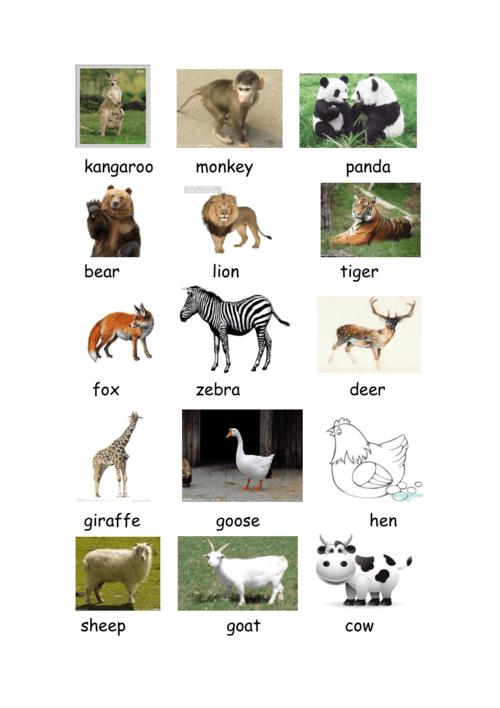When it comes to describing the health of animals in English, there are several key terms and phrases that can be used to convey their well-being. Here are some common ways to describe the health of animals:

1. Physical Health:
- Fit and Healthy: The animal is in good physical condition and shows no signs of illness or injury.
- Robust: The animal is strong and sturdy, with a healthy appearance.
- Active and Energetic: The animal is lively and full of energy, engaging in normal activities.
- Well-Nourished: The animal is receiving adequate nutrition and is at a healthy weight.
2. Mental Health:
- Alert and Responsive: The animal is aware of its surroundings and reacts appropriately to stimuli.
- Content and Relaxed: The animal appears calm and at ease, showing no signs of stress or anxiety.
- Curious and Playful: The animal shows interest in its environment and engages in playful behavior.
- Well-Adapted: The animal is able to cope with changes and challenges in its environment.
3. Overall Well-Being:
- Thriving: The animal is not just surviving, but thriving in its environment.
- Resilient: The animal is able to bounce back from setbacks and maintain good health.
- Harmonious: The animal is in balance with its surroundings and shows harmonious behavior.
- Optimal Health: The animal is at its peak physical and mental condition.
Guidelines for Maintaining Animal Health:
Ensuring the health and well-being of animals is essential for their quality of life. Here are some guidelines to help maintain animal health:
By following these guidelines and being attentive to the needs of animals, you can help ensure that they lead healthy and fulfilling lives.
版权声明
本文仅代表作者观点,不代表百度立场。
本文系作者授权百度百家发表,未经许可,不得转载。











